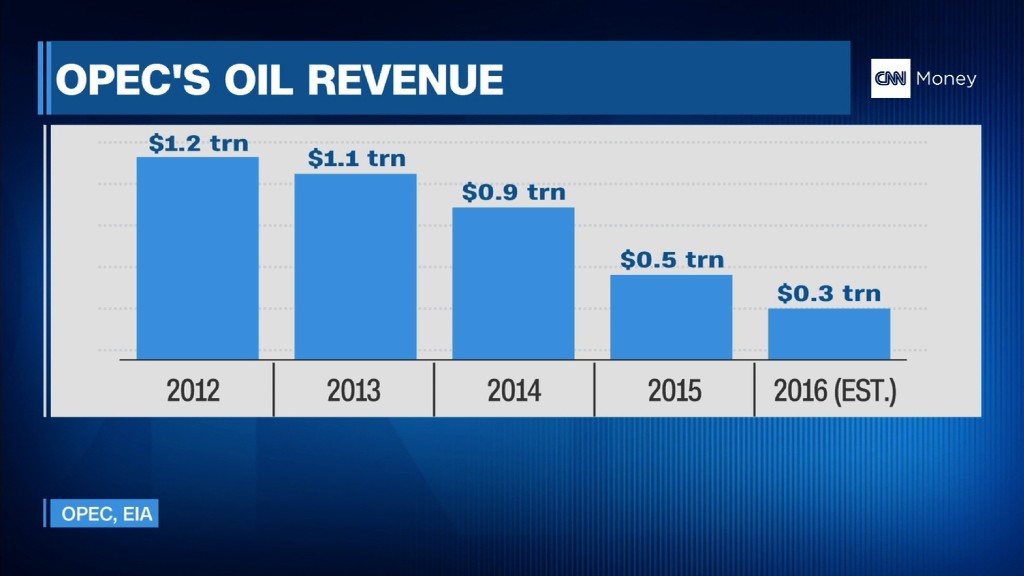Shale Revolution Drives American

The current boom in U.S. oil production is even stronger now than the run from July 2011 to April 2015. And this is with oil prices at half their previous level and before President Donald Trump has done anything to meet his pledge to “lift the restrictions on American energy and allow this wealth to pour into our communities.” Output growth could accelerate if prices rise, or costs fall further. What should really trouble OPEC, though, is that this rate of growth is even faster than the first shale boom. --Julian Lee, Bloomberg, 26 February 2017
A voracious thirst for petroleum makes the US one of the largest importers of oil. But for the past two weeks it has also scaled the ranks of exporters. Outbound shipments of crude have surpassed 1.2m barrels a day, more than last month’s daily production of Algeria, Ecuador or Qatar — each a member of OPEC. The foreign sales underscore how the US has become more integrated into the world oil market since Washington lifted 40-year-old constraints on crude exports at the end of 2015. The US continues to import much more than it exports but its oil companies now have the freedom to market barrels abroad when it makes economic sense. The situation presents a further challenge to Saudi Arabia and other Opec members, which historically held the power to turn supplies on and off when needed. Or as Timothy Dove, chief executive of Pioneer Natural Resources, told analysts this month: “We’ll be significant swing producers in terms of worldwide supply.” --Gregory Meyer, Financial Times, 28 February 2017
Germany has ambitious plans for both electric cars and renewable energy. But it can’t deliver both. As things stand, Germany’s well-meaning but contradictory ambitions would actually boost CO2 emissions by an amount comparable with the present-day emissions of the entire country of Uruguay or the state of Montana. The basic problem is that an electric car running on power generated by dirty coal or gas actually creates more emissions than a car that burns petrol. For such a switch to actually reduce net emissions, the electricity that powers those cars must be renewable. And, unless things change, Germany is unlikely to have enough green energy in time. After all, news of the potential petrol car ban came just after the chancellor, Angela Merkel, had announced she would slow the expansion in new wind farms as too much intermittent renewable power was making the grid unstable. --Dénes Csala, The Conversation, 26 February 2017
The climate may change but one thing that never does is the use of climate change as a political wedge against Republicans. Also never changing is the call from some Republicans to neutralize the issue by handing more economic power to the federal government through a tax on carbon. The risk is that Donald Trump takes up the idea, which would hurt the economy with little benefit to the environment. --Editorial, The Wall Street Journal, 25 February 2017
We’re reported before on the environmental mess left behind by the Dakota Access Pipeline protest neat the Standing Rock Indian reservatio, but there’s still one more installment to the story that deserves to be entered in the ledger: “Crews continue to clean up the Oceti Sakowin protest camp. As officers moved in and protesters moved out, garbage wasn’t the only thing left behind. Two dogs and six puppies were found and rescued at the main Dakota Access Pipeline Camp by Furry Friends Rockin’ Rescue.” So let’s add it all up: protesters claiming to be concerned about nature and wildlife leave huge amounts of trash and abandoned vehicles that threaten the waterway they say is “sacred,” and abandon their own pets. --Steven Hayward, Power Line, 26 February 2017

No comments:
Post a Comment